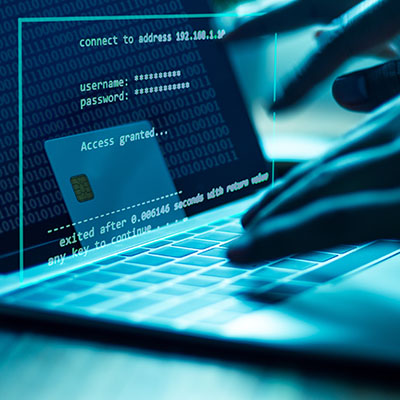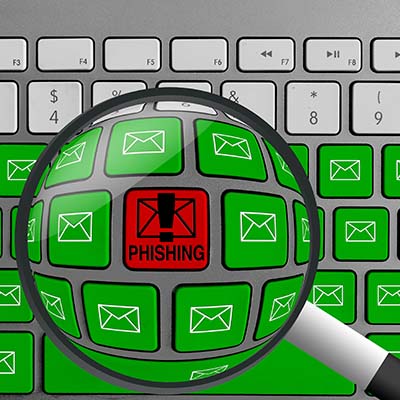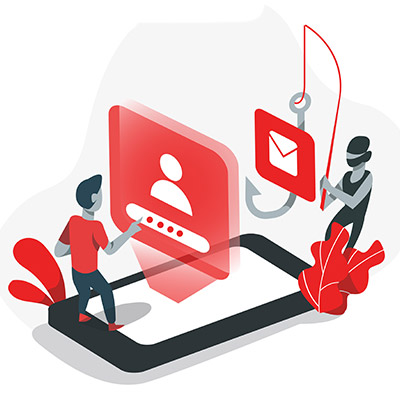It’s borderline impossible to conduct any business online without seeing potential threats abound. It also doesn’t help that threats tend to disguise themselves to avoid being detected. Today, we want to share a social media threat that one of our employees discovered while going about their day, and we think even a cautious user could have been fooled by it.
Viruses and malware are bad. Ransomware is crippling. Data breaches in some cases can more or less shut down a business. We talk about these threats all the time, but for most people, they are just scary-sounding buzzwords. Today, we want to talk about the more personalized threats that are much more cunning, and in some ways, much more dangerous.
As time goes on, businesses are doing more and more to protect their digital assets from theft and corruption. Whether that is deploying tools, providing training, or getting the support you need to successfully secure your business from the myriad of threats coming your way, you need to be deliberate about the way you go about deploying your security resources. Today, we want to touch on security training and the role it plays in your cybersecurity.
Phishing attacks are one of the most common security threats to your business, not only because they are effective, but because they can be utilized in many different ways. You can become the victim of a phishing attack through email, instant message, phone, or even your voicemail. These “phoicemail” attacks are quite crafty in their approach, and you should be wary of them.
Financially-focused cyberthreats are no joke, especially considering how digital payments now make up 41.8% of all payments made worldwide. Let’s consider a few statistics that highlight how important it is to ensure that the payment card data your business collects is sufficiently protected.
Business owners often get unsolicited emails from individuals who want to sell them goods, services, or products. Depending on the message, they might even come across as a bit suspicious, prompting you to question the authenticity of the email. If you’re not careful, you might accidentally expose your organization by clicking on the wrong link in the wrong email, thus falling victim to the oldest trick in the book: the phishing attack.
Social engineering is a dangerous threat that could derail even the most prepared business. Even if you implement the best security solutions on the market, they mean nothing if a cybercriminal tricks you into acting impulsively. Let’s go over specific methods of social engineering that hackers might use to trick you.
Phishing attacks are serious business, so it is important that your team members know what they are, for one, and know how to spot them. To facilitate this, let’s review the signs of a phishing attack—or ideally, a phishing attempt (because by spotting it, you’re more able to stop it).
How often do you check social media only to find your news feed clogged with your friends and family sharing the results of quizzes like, “Which Star Wars character are you,” or “What’s your superhero name based on your birthday.” While these quizzes might seem harmless on the surface, they often hide a far more sinister agenda, one which uses the personally identifiable information provided to them for nefarious purposes.
Network security isn’t just for large, high-profile enterprises; even small businesses need to take it seriously. All businesses have something of value to hackers, and if you don’t believe this is the case for your organization, think again. All data is valuable to hackers, and you need to do everything in your power to protect it—especially against threats like Agent Tesla, the latest version of phishing malware designed to steal your data.










